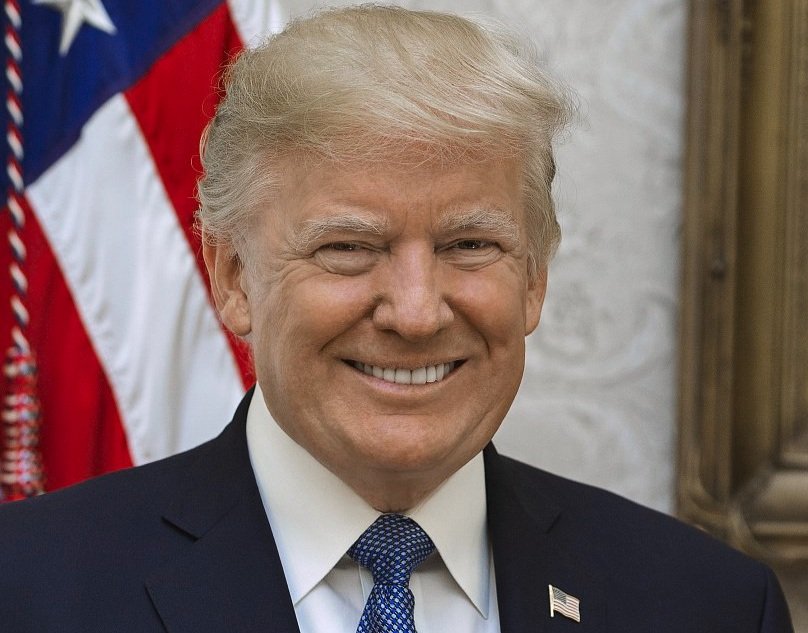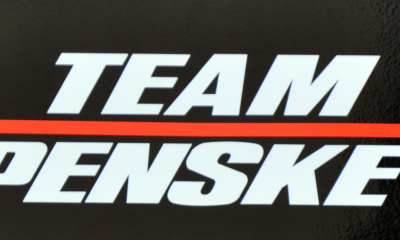Global gaming stocks surge 28 per cent
Cyprus-based game developer and publisher GDEV was included in the latest Drake Star Global Gaming Report for the second quarter of 2025, with valuation metrics that signal stability and strong fundamentals despite recent market volatility.
As of December 31, 2024, GDEV shares were trading at $15.06, giving the company a market capitalisation of $273.4 million and an enterprise value of $135.6 million.
Its last twelve months (LTM) revenue stood at $420.9 million, with LTM EBITDA of $45.1 million.
This translates to an enterprise value-to-revenue multiple of 0.3x for both LTM and next twelve months (NTM), while the EV/EBITDA multiple was 3.5x for LTM and 3.1x for NTM.
The company posted modest but positive EBITDA growth of 4 per cent for both the LTM and expected NTM periods.
Revenue growth was negative 6 per cent in both periods, yet GDEV maintained an EBITDA margin of 10.7 per cent. In addition, its price-to-earnings multiple was 10.9x LTM and is projected at 7.6x NTM.
These metrics position GDEV favourably compared to peers in the mobile-focused gaming sector, especially in light of market averages.
Across the broader sample analysed by Drake Star, the average EV/EBITDA multiple was 6.0x for LTM and 4.0x for NTM, with average revenue growth of negative 3 per cent LTM and a projected 8 per cent increase NTM.
GDEV’s efficient capital structure and consistent margins suggest a measured and sustainable operational approach, despite facing declining revenue.
Meanwhile, the Drake Star Gaming Index, which tracks 35 major listed gaming companies, rose by 28 per cent in the first half of 2025, outperforming the S&P 500’s 5 per cent gain, reflecting renewed investor interest in gaming stocks.
Top performers included Square Enix, Roblox, and Konami, while in Europe, CD Projekt RED, everplay group, and MTG led the charge.
Furthermore, in terms of the US market, Roblox, Corsair, and Take-Two posted strong gains.
Gaming mergers and acquisitions (M&A) activity remained steady in the second quarter of 2025, with 46 deals announced.
The largest transaction was Krafton’s $516 million acquisition of ADK, a Japanese firm with interests in advertising, animation, and mobile game development.
Other major deals included Epic Games acquiring Loci, Apple purchasing RAC7, and PlayVS acquiring Generation Esports and PlayFly College Esports.
PC and console gaming tied with blockchain gaming for the highest number of M&A deals, following a sharp rise in blockchain-related transactions.
Venture capital activity also saw a high-profile exit with CVC’s investment in Dream Games, valued at approximately $2.5 billion.
Other notable financings included Tencent’s $80 million investment in Arrowhead, $28 million raised by Wolves Esports Club from Lvfa Group, and $27 million secured by AI gaming startup Sett.
Additional funding rounds were completed by Turkish mobile studio Bigger Games, which raised $25 million, and Hybe IM with $21 million.
Key investors over the past year included Play Ventures, BITKRAFT, and Makers Fund, while at the seed stage, Goodwater, TIRTA, and 1AM Gaming led activity.
On the strategic side, major players such as Krafton, Tencent, and Samsung were the most active, while Animoca, Spartan, and Gam3Girl Ventures were leaders in blockchain gaming investments.
On the public market side, Take-Two Interactive announced plans for a $1 billion public stock offering, with an option to sell an additional $150 million.
GameStop also announced a debt raise exceeding $2 billion, while Embracer plans to spin off Coffee Stain Group as a separate publicly listed entity by year-end.
The report also stated that Discord is reportedly in advanced talks with banks regarding a potential IPO.
Drake Star further stated that it anticipates that the strong performance of gaming stocks in early 2025 will drive a new wave of M&A activity in late 2025 and 2026, as companies leverage higher equity valuations to pursue growth.
The report also expects a resurgence in IPO activity supported by a broader market recovery.
Moreover, private equity is projected to remain active, with a mix of take-private deals and growth equity placements.
Finally, key growth areas include AI and technology platforms, although later-stage funding is expected to remain difficult to secure.





























































 BREAKING: NBA MVP Shai Gilgeous-Alexander signs the RICHEST annual salary in league history
BREAKING: NBA MVP Shai Gilgeous-Alexander signs the RICHEST annual salary in league history
